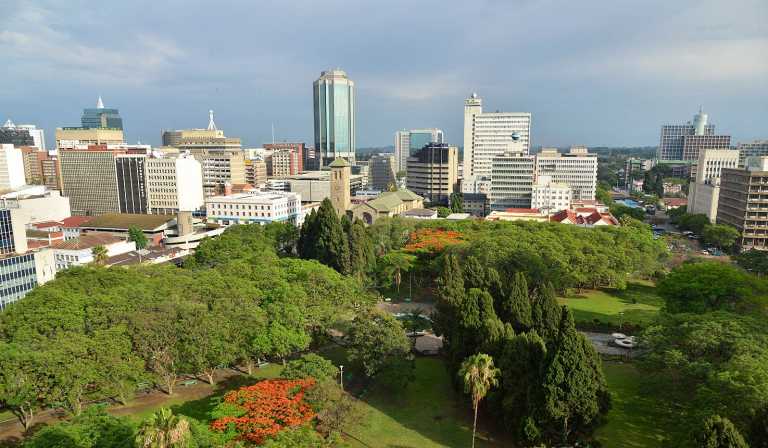
Zimbabwe’s privilege of using the United States dollar as its major medium of exchange is under threat amid revelations the currency is being smuggled out of the country on a massive scale.
This has raised fears that if the situation persists, the country could be forced to stop using the currency.
“It is clear the cash is being smuggled out of the country. Authorities are saying the crisis is caused by rising imports, but that does not add up because the country has been importing products for years without experiencing such shortages,” a source said.
“There are now fears that the country will go the Angola route where American banks stopped supplying dollars to the country last year over lax regulations which led to massive leakages of the currency.”
In his January monetary policy statement, Reserve Bank of Zimbabwe (RBZ) governor John Mangudya said the bank was putting in place stringent and prudent measures to plug illicit financial outflows, as it emerged that close to $2 billion was spirited out of the country last year by individuals and companies, sparking the liquidity crisis.
This comes as the country is battling a cash crisis that has seen banks putting a cap on withdrawals with depositors having to endure long queues at banks to access their money.
The dollar is the last “currency standing” in the multi-currency basket introduced in 2009. The basket had the South African rand, British pound, Euro and the Botswana pula.
Mangudya told Standardbusiness on Friday that the cash crisis had also been caused by an increase in the usage and demand for the United States dollar in Zimbabwe as the other commonly used currency, the South African rand fell out of favour because of its depreciation.
Mangudya also said the strength of the dollar encouraged hoarding and exportation of cash since it was viewed as a safe haven currency or an asset.
“In the case of Zimbabwe, the dollar has become more of an asset than a medium of exchange. Unfortunately, all other nationals throughout the world are in search for the same asset,” he said.
Mangudya said in areas such as Bulawayo and the entire southern region, transactions used to be conducted in rand but that had all changed as everybody switched to dollars.
“We now use dollars in Bulawayo. That part of the country is where we find most of our small-scale miners who used to get paid in rands. They now no longer accept the rand and are receiving payments in dollars, putting pressure on the US dollar. The miners contribute 40% to gold output and their production is increasing. Last year we used to pay $3 million per week to artisanal miners but now the figure has doubled to $6 million per week,” he said.
Mangudya added: “The Southern region was using $50 million equivalent per month in rands but now with the strength of the US$ this has to be in dollar quantum.”
He said the other reason was that Zimbabwe had a negative trade balance, which meant that it had more imports than exports and, therefore, used more dollars than it earned.
